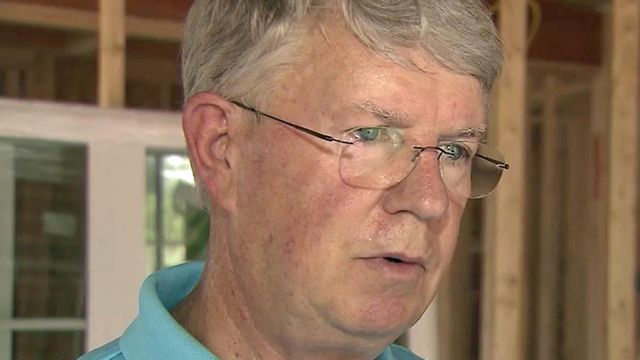'Green' furnace law still needs tweaking, some say
Several area utility leaders want to tweak a law that allows condensate from energy-efficient furnaces to collect in sewer lines.
Posted — UpdatedHomeowners with “green” heating systems are already worried about winter. They are concerned their systems, which are 90 percent energy efficient, will freeze up and stop working.
A change in the state law was made to address the issue. The change allows condensate, or dripping water from energy-efficient furnaces, to be rerouted to a home's sewer lines.
But not all builders are making adjustments, telling homeowners that the units were installed to code.
TJ Lynch, with Raleigh's Public Utilities Department, worries about the impact of that added water on municipal treatment systems.
"Having you bring it to our attention like you did last winter, it was very helpful,” Tingen said to 5 On Your Side. “With a little bit of luck, we'll have a full circle close by this winter so that people won't have this trouble anymore."
• Credits
Copyright 2024 by Capitol Broadcasting Company. All rights reserved. This material may not be published, broadcast, rewritten or redistributed.






